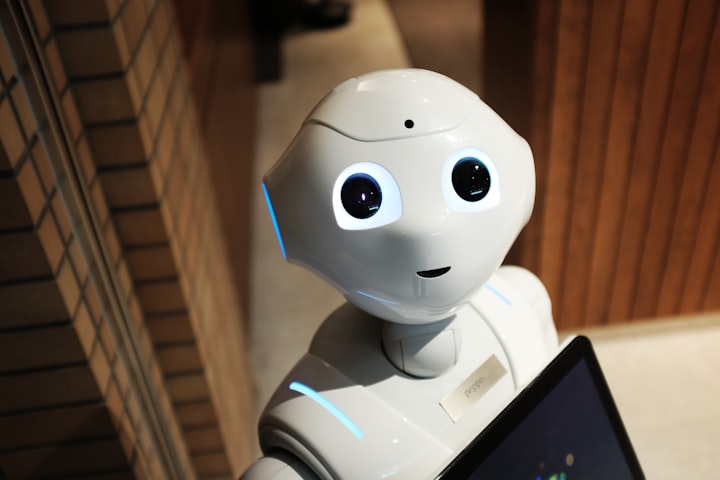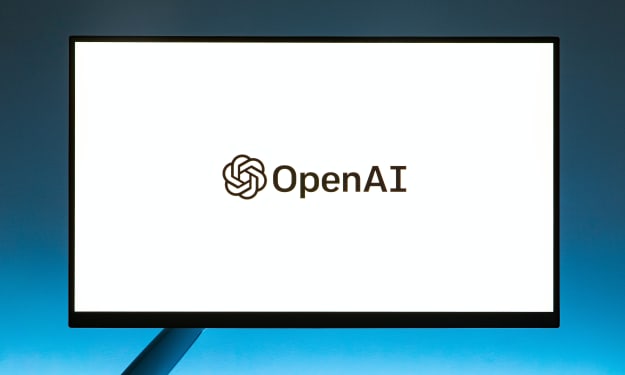
Automation and artificial intelligence (AI) have gained attention recently, sparking discussions about the future of work and its effects on society. Understanding how AI technologies may affect employment and the workforce is crucial as they develop. This article examines the connections between AI and job automation as well as the opportunities and difficulties they present.
Introduction
Artificial Intelligence refers to the development of computer systems that can perform tasks that typically require human intelligence, such as visual perception, speech recognition, and decision-making. Job automation, on the other hand, involves the use of technology and machines to perform tasks that were previously done by humans. Together, AI and automation have the potential to revolutionize industries and transform the way we work.
The Impact of AI and Automation on Jobs
The integration of AI and automation into various industries has already begun, affecting different job roles to varying degrees. Some jobs are more susceptible to automation, particularly those involving repetitive and routine tasks. However, it's important to note that while certain jobs may be replaced, new jobs are also expected to emerge as a result of AI and automation. The key lies in understanding the changing nature of work and adapting accordingly.
Advantages and Disadvantages of AI and Automation
AI and automation offer several advantages in the workplace. They can increase productivity, efficiency, and accuracy, leading to cost savings for businesses. AI-powered systems can analyze vast amounts of data and provide valuable insights, enabling better decision-making. However, there are also potential downsides. Concerns include the displacement of workers, ethical implications, and challenges in implementing and maintaining AI systems.
Preparing for the Future of Work
To navigate the future of work successfully, individuals and organizations need to adapt and prepare. This requires a proactive approach in several key areas.
One crucial aspect is reskilling and upskilling the workforce. As automation and AI technologies evolve, certain skills may become less relevant, while new skills will be in demand. Individuals should actively seek opportunities to acquire new skills that complement the capabilities of AI systems. This may involve pursuing further education, attending training programs, or participating in professional development initiatives.
Moreover, emphasizing human-centric skills is vital. While AI excels at tasks such as data analysis and pattern recognition, it often lacks qualities inherent to humans, such as emotional intelligence, creativity, and critical thinking. Focusing on developing these skills can help individuals differentiate themselves and remain valuable in the workforce.
Collaboration between humans and AI is another crucial element. Rather than perceiving AI as a threat, it is more productive to view it as a tool that can enhance human capabilities. By leveraging the strengths of both humans and AI, organizations can achieve optimal outcomes. This requires fostering a culture of collaboration, where employees are encouraged to work alongside AI systems and contribute their unique insights and expertise.
Ethical considerations play a significant role in the integration of AI and automation. It is essential to ensure that AI systems are fair, unbiased, and transparent. Bias in AI algorithms can perpetuate existing inequalities and create unjust outcomes. Therefore, efforts must be made to address bias and promote fairness in the design and implementation of AI technologies. Additionally, ethical guidelines and regulations should be established to govern the use of AI and prevent misuse or harm.
Various industries and professions will be affected by AI and automation in different ways. Healthcare and medicine, for example, can benefit from AI in diagnosing diseases and analyzing medical images. Manufacturing and logistics industries can streamline operations through automation, improving efficiency and reducing costs. Customer service and retail sectors can leverage AI-powered chatbots and virtual assistants to enhance customer experiences. Professional services and finance can benefit from AI in data analysis, risk assessment, and fraud detection.
The role of government and policy cannot be overlooked in managing the future of work. Governments should establish policies that support workers during the transition, providing retraining opportunities and safety nets for those impacted by automation. Striking a balance between automation and job preservation is crucial to ensure that the benefits of AI and automation are equitably distributed. Governments may also need to consider regulations to address ethical concerns, protect privacy, and ensure accountability in the use of AI technologies.
In conclusion, the future of work in the age of AI and automation presents both challenges and opportunities. Adapting to this rapidly changing landscape requires individuals and organizations to reskill, emphasize human-centric skills, foster collaboration with AI systems, and address ethical considerations. By embracing these changes and proactively preparing for the future, we can navigate the evolving job market and harness the potential of AI and automation to create a better future of work.
FAQs
Q: Will AI completely replace human workers?
A: While AI may automate certain tasks, it is unlikely to replace humans entirely. The integration of AI often augments human capabilities, leading to new job roles and opportunities.
Q: How can individuals prepare for the future of work?
A: Individuals can prepare by acquiring new skills, focusing on human-centric abilities, and embracing lifelong learning. Staying adaptable and open to technological advancements is key.
Q: What industries will be most impacted by AI and automation?
A: Industries such as manufacturing, healthcare, customer service, and finance are expected to undergo significant transformations due to AI and automation.
Q: What ethical considerations should be taken into account?
A: Ethical considerations include ensuring fairness, transparency, and accountability in AI systems, as well as addressing issues of bias and privacy protection.
Q: What is the role of government in managing the future of work?
A: The role of government in managing the future of work is crucial. Governments should develop policies that support workers through reskilling programs and safety nets during transitions caused by automation. They should also strike a balance between automation and job preservation, ensuring that the benefits of AI and automation are distributed equitably. Additionally, governments play a role in regulating AI technologies to address ethical concerns, protect privacy, and maintain accountability.
About the Creator
Aditi
I Love to Write, I hope you love to read






Comments
There are no comments for this story
Be the first to respond and start the conversation.